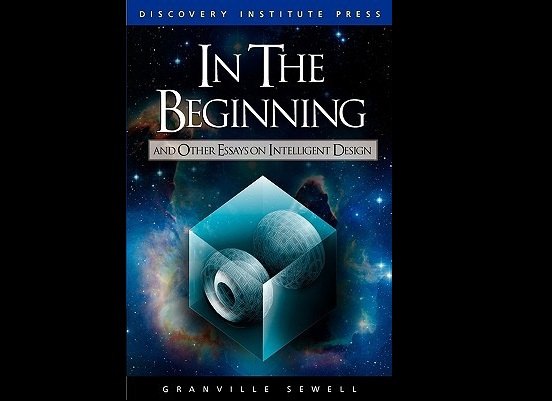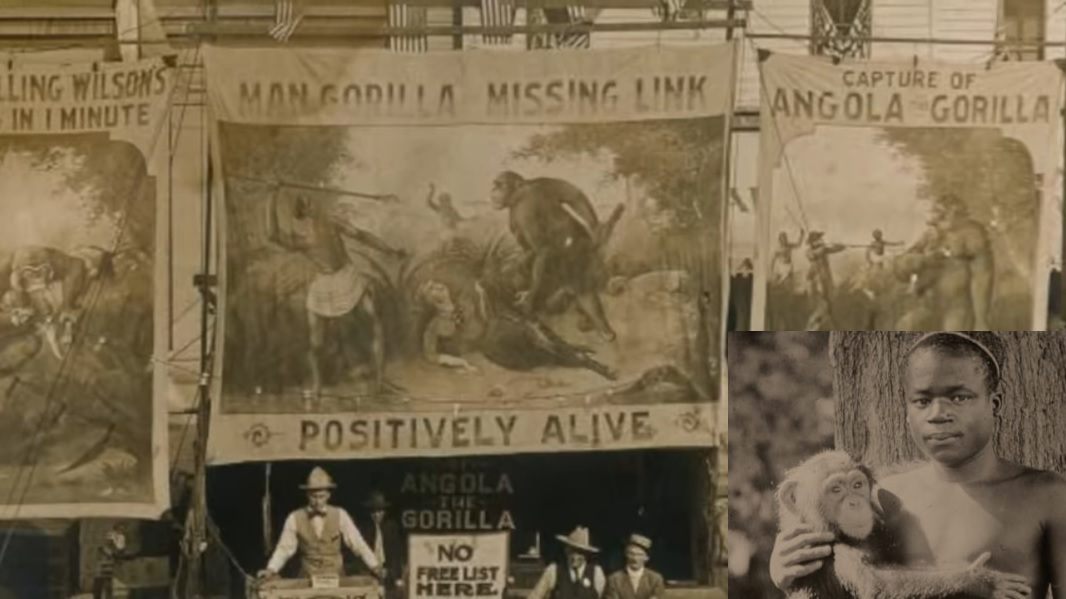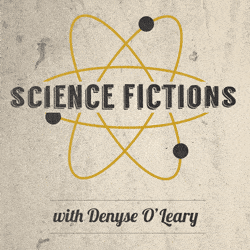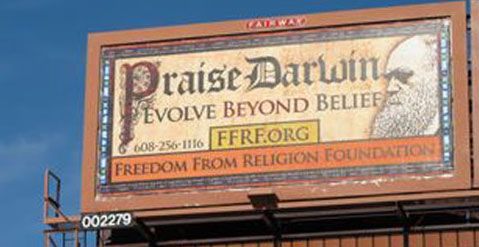When one thinks of the concept of "eugenics" most people think back to the atrocities of Nazi Germany and the genocide of ethnic cleansing during the Hitler regime.
What most Americans do not realize is that the "scientific" field of study known as "eugenics" originated in the United States, being inspired by Darwinian evolution, and is responsible for terrible social and racial injustices here in the U.S. before Hitler's atrocities that occurred during WWII.
And the "scientific" field of eugenics is still alive and well today, even though the term "eugenics" is no longer popular.
Part of America's dark eugenics past is the story of how indigenous African people were kidnapped from their villages in the early 1900s and brought to America as "freaks," displayed as "missing links" to Darwin's theory of human evolution, and displayed to the public in cages at Public Fairs and Zoos.
The Discovery Institute has produced a new documentary about this dark period of America's past called "Human Zoos." Here is a synopsis:
"In September 1906, nearly a quarter of a million people flocked to the Bronx Zoo in New York City. Many came for a startling new exhibit in the Zoo’s Monkey House.
But it wasn’t a monkey they came to see. It was a man. His name was Ota Benga. A pygmy from the African Congo, Ota Benga was exhibited in a cage along with monkeys.
Benga was not alone.
He was one of literally thousands of indigenous peoples who were put on public display throughout America in the early twentieth century.
Often touted as “missing links” between man and apes and as examples of the “lower” stages of human evolution, these native peoples were harassed, demeaned, and jeered at. Their public display was arranged with the enthusiastic support of the most elite members of the scientific community, and it was promoted uncritically by America’s leading newspapers.
Human Zoos tells the horrifying story of this effort to dehumanize entire classes of people in the name of science."












